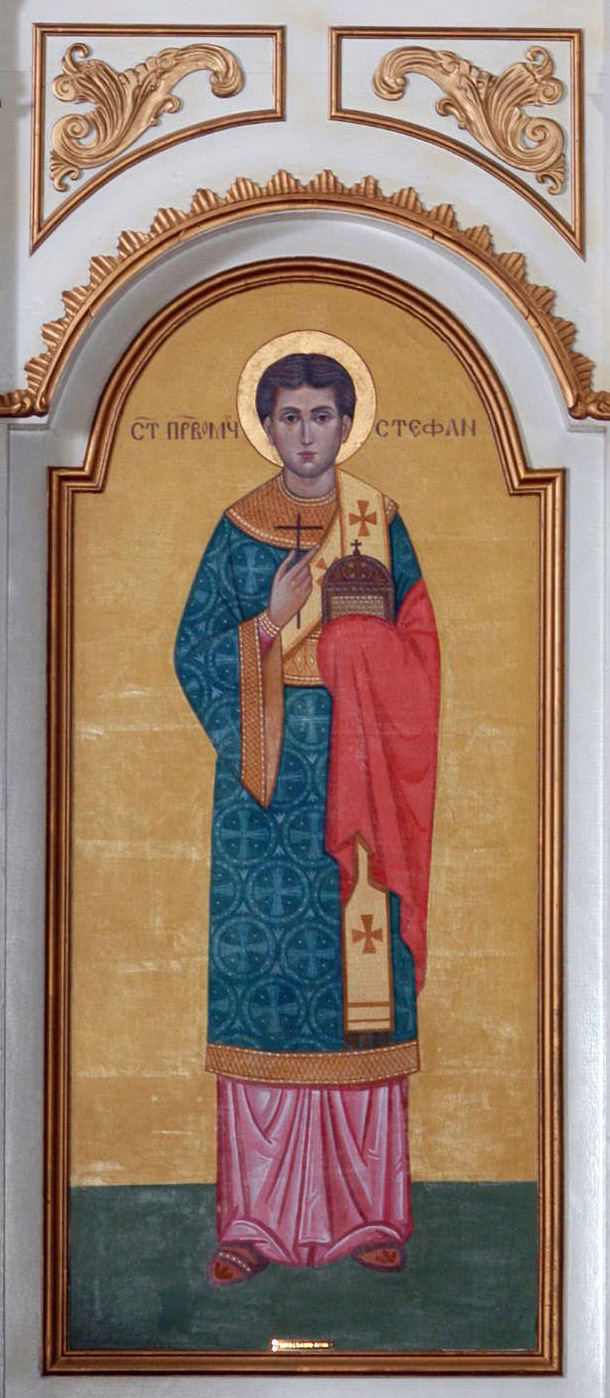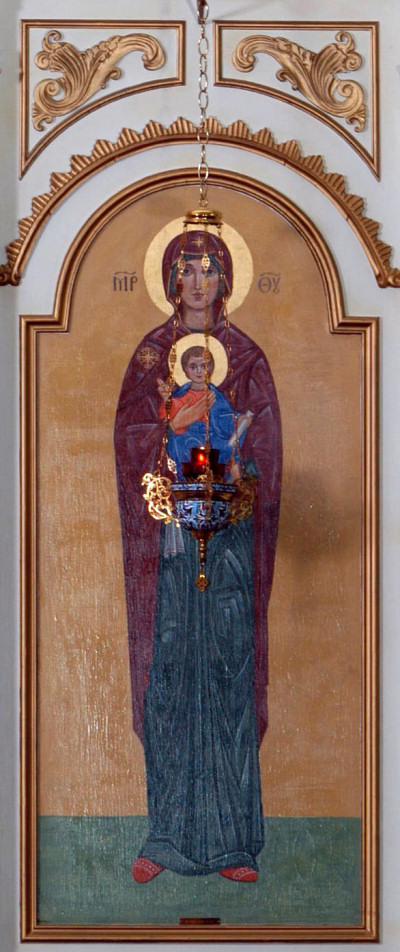Orthodox Christianity
The Orthodox Church was founded by our Lord Jesus Christ and is the living manifestation of His presence in the history of mankind.-Excerpt from “The Orthodox Church”, by Bishop Kallistos (Ware)
Orthodox Christianity is a Faith that has given guidance, strength and edification to millions of believers over the course of 20 centuries. Here are some basic facts about the Orthodox Church. The following details are used with permission of the Ukrainian Orthodox Church of Canada.
Church Origins
The Orthodox Church is an apostolic, ecumenical (universal) Church, originating from Christ and His apostles at the very start of the Christian era at Pentecost, as recorded in the Book of Acts. The founder and head is Jesus Christ.
Church Government
The Orthodox Church can be thought of as a commonwealth of self-governing, “local” democratic Churches. These Churches generally have one of two statuses: autocephalous, completely self-governing in all matters, both internal and external; and autonomous, self-governing in most internal matters, but subordinate to an autocephalous “mother Church” in matters such as external relations and the election of bishops, specifically the ruling bishop (“primate“).

Although recent centuries have seen the emergence of national Churches outside of that nation’s borders, historically Churches are centred in a specific geographic region. Any movement outside of that geographical area would have been for the sake of planting the Church in a new geographical area.
The primate of a local Church is usually called a Metropolitan or a Patriarch. Every local Church is divided into component regions called diocese, with each diocese being headed by a local bishop. Spiritual administration of several dioceses (or of one very large diocese called an “archdiocese”) is the responsibility of an archbishop. These distinctions in title, “Patriarch”, “Metropolitan”, “Archbishop”, “Bishop” indicate only the sphere of that bishop’s administration; when gathering in council, every Bishop, regardless of title, has an equal voice in the group council process.
The council (in Greek “synod”, in Ukrainian, “sobor”) is the cornerstone of Orthodox Church government. The highest authority on all matters of faith and Church life is a Ecumenical (“universal“) Council, whose decisions are universally binding for all Orthodox Christians. Each self-governing Church also holds it own local councils to decide matters of local interest. Each diocese in a local Church is administered through diocesan councils, and every parish or monastery in a diocese is administered through a parish/monastic council.
